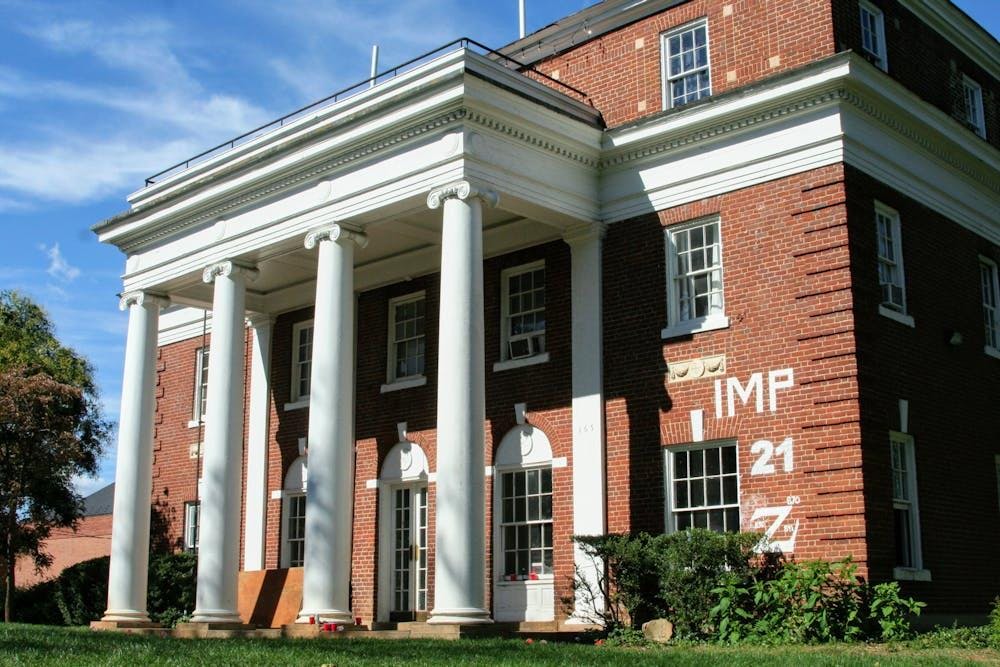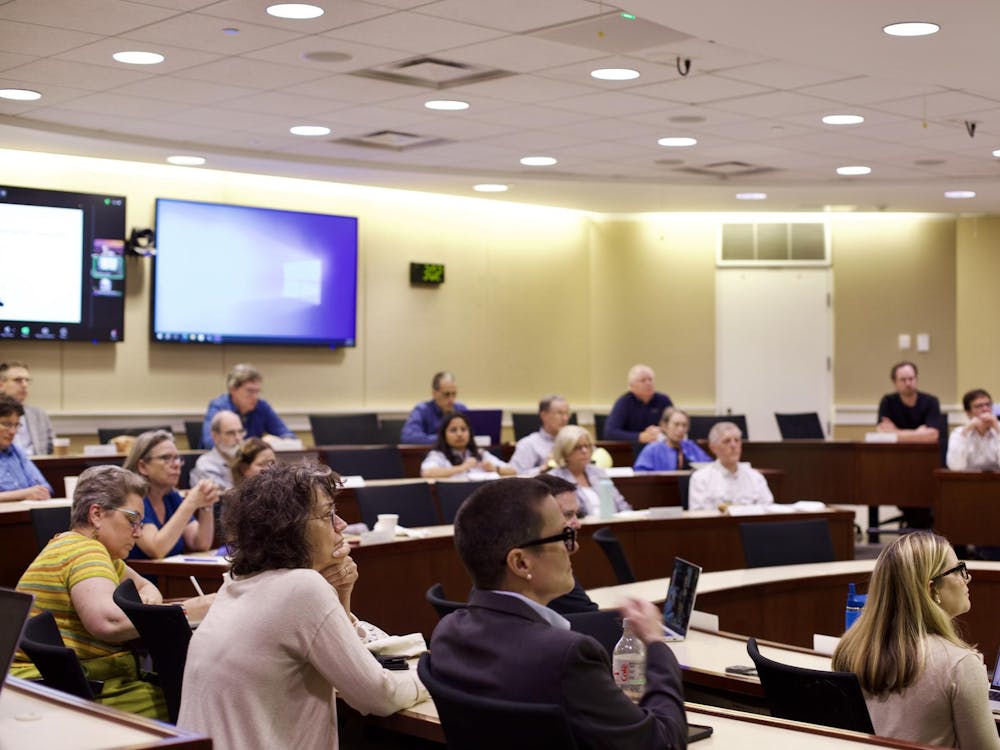The University officially terminated Kappa Sigma fraternity’s Fraternal Organization Agreement Sept. 10 after a months-long investigation revealed hazing took place. According to the University’s Hazing Misconduct Report, Student Affairs found sufficient evidence to support allegations that the fraternity engaged in physical, verbal and alcohol abuse of new members and initially did not comply with the investigation.
Kappa Sigma first had its FOA suspended in February after a student was hospitalized following an alleged hazing event at the chapter house. After the University suspends an organization, Student Affairs conducts an investigation into the specific allegations, which can include interviews with members or potential victims.
The allegation of hazing leading to hospitalization has now been confirmed by the report, which states that one new member was hospitalized with life-threatening injuries.
The report also states that new members were physically injured and received lacerations, bruises and scrapes, and that new members had hot sauce placed on body parts, including their genitals.
New members were also forced to strip down to their underwear and to ridicule active members daily with homophobic, racist and sexually explicit remarks, according to the report. They were also verbally harassed, punished for answering biographical questions about brothers incorrectly and forced to carry a “pledge pack,” which included Zyn nicotine pouches, cigarettes, condoms and Five Hour Energy, among other items.
The findings of alcohol abuse include that new members were forced to consume large amounts of alcohol in a short period of time.
The report also states that Kappa Sigma did not comply with the investigation — which ran from Feb. 21 to Sept. 9 — and actively disobeyed the terms of its FOA suspension by initiating new members and holding social events.
In addition to FOA termination, individual students will be referred to the University Judiciary Committee for further investigation and possible sanctioning.
In a statement to The Cavalier Daily, Ben Ueltschey, IFC president and fourth-year College student, said that the IFC supported the decision to suspend Kappa Sigma’s FOA in February and stands by the results of the investigation that led to termination.
“Our council continues to promote anti-hazing and risk management practices to protect the health and safety of our community,” Ueltschey said.
Ueltschey also added that he encourages members of IFC chapters to participate in Hazing Prevention Week events, which begin Monday.
Kappa Sigma’s sanction comes after the University also terminated the FOAs of multiple other fraternities for hazing, including both Pi Kappa Alpha in April and Theta Chi in July. Sigma Alpha Mu was previously suspended and sanctioned for hazing activities in April but is no longer suspended. Pi Lambda Phi was sanctioned for hazing activities in July.
Deputy University Spokesperson Bethanie Glover said the University does not comment on the specifics of hazing allegations.
The full Hazing Misconduct Report for all fraternities found guilty of hazing can be accessed on the Student Affairs website.







